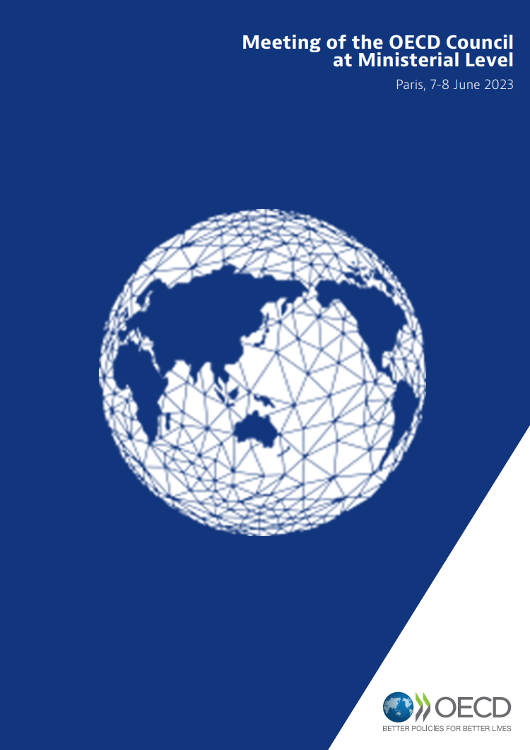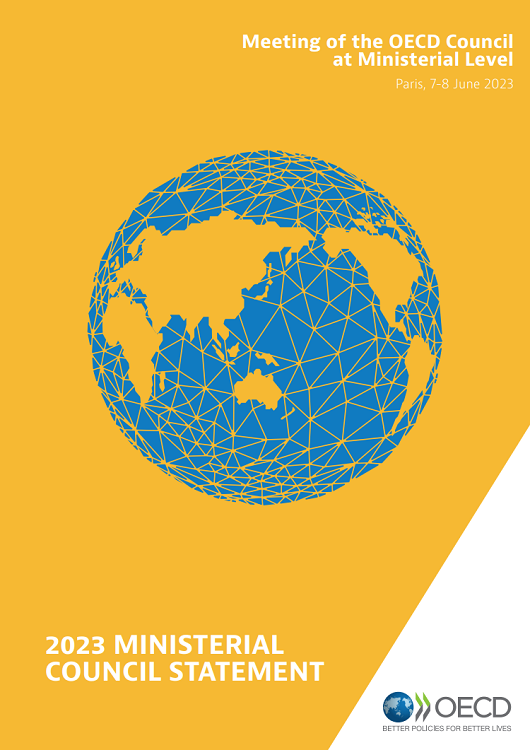
Reforming telecommunications in Mexico
In 2013, Mexico embarked on an overhaul of its telecommunication and broadcast markets following recommendations in an OECD review to bring more competition, investment and consumer benefits.
What's the issue?
The telecommunication sector plays an important role in enabling digital transformation, improving productivity and economic growth, and also enables governments to provide certain public services.
In 2012, at the request of the Mexican government, the OECD conducted and published a Review of Telecommunication Policy and Regulation in Mexico. At the time, telecommunication services in Mexico had some of the highest prices in the OECD, making them unaffordable for many. The report recommended key measures to make communication services more efficient and accessible to people, in particular high-speed broadband but also telephony and Internet access in rural areas.
How is it being addressed?
Mexico embarked on an overhaul of its legal framework and policies from 2013, implementing 28 of the 31 recommendations in the OECD’s review by 2017. Among other measures, it opened up its market, lifted restrictions on foreign direct investment in telecommunication and satellite communication services, and successfully achieved a digital switchover in 2016, which reinforced its domestic communication infrastructures.
What's the impact?
The reforms brought tangible benefits. They spurred competition that in turn increased access, lowered prices in mobile broadband by 69% to 81%, and provided higher quality communication services. Mobile broadband subscriptions more than tripled between 2012 and 2016, with the addition of 50 million new ones. This meant more revenue for telecommunication and broadcasting players, who chalked up 16% growth between 2011 and 2016 over the period. Growth in the telecommunication and broadcasting sectors has been faster than the broader economy since the reforms, and investment in the sector has increased steadily. Meanwhile, from 2014-17 barriers to trade in the Mexican telecom sector fell faster than in other OECD countries, opening the market to new entrants.
The sharp drop in the cost of telephone calls and Internet access overwhelmingly benefitted poorer families in a country where spending on fixed and mobile phone services in the poorest households averaged 10% and 6.2% of monthly incomes compared with 1.8% and 1.2% in the wealthiest households. In brief, Mexico’s 2013 telecommunication reforms demonstrated that quick progress can be made when a government is pro-active.

The 2017 OECD review on the implementation of the 2012 recommendations recognised that the reforms were a success and recommended that the momentum of the reforms be maintained, in particular by placing a stronger emphasis on inclusiveness. A major initiative, the Red Compartida, which aims to extend wireless broadband coverage to over 92% of the Mexican population by 2024, particularly those in rural areas currently outside broadband reach, is the next frontier for the country.
Before this reform many Mexicans struggled to pay for long distance calls to relatives and could not afford mobile Internet services that other countries took for granted. Three quarters of households had no Internet access. Today, communication services are much more affordable and millions more people are online.
Gabriela Ramos OECD Chief of Staff and G20 Sherpa











